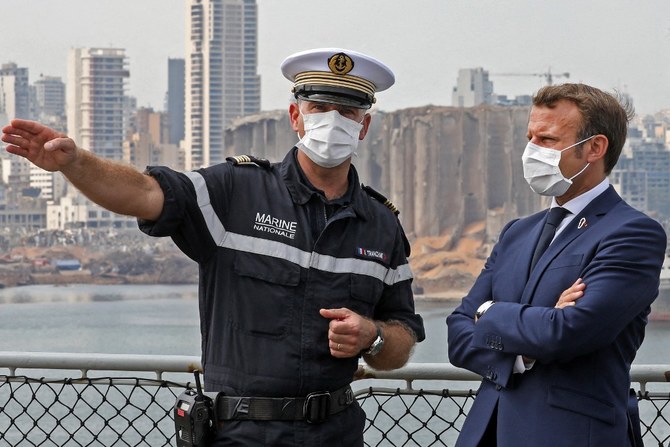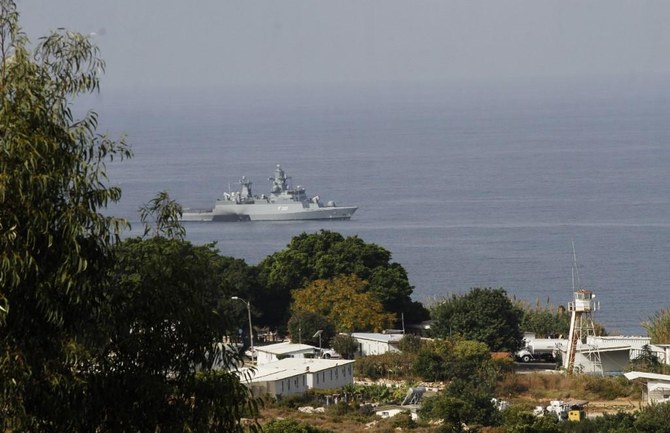
BY JACK DETSCH — foreignpolicy.com — The Trump administration is worried that Syria’s Bashar al-Assad regime is working to undermine neighboring Lebanon by driving up exchange rates for its weakened currency and ratcheting up influence on the fragile government through Iran-backed Hezbollah, according to a State Department finding shared with Congress this summer and obtained by Foreign Policy. Under pressure from U.S. and international sanctions over its human rights abuses and chemical weapons use during the nearly decadelong Syrian civil war, the Assad regime has long been dependent on siphoning money from the Lebanese banking system and smuggling the cash across the border along with fuel, flour, and wheat, experts said, something that Lebanon’s authorities have had trouble preventing. ,
“The Assad regime continues to exert influence inside the Lebanese government through Hizballah and other political allies, undermining Lebanon’s independence and sovereignty. Such influence poses significant challenges to Lebanon’s stability,” the report says. “The Assad regime contributed to Lebanon’s recent economic collapse by attempting to extract as much foreign currency from the Lebanese market as possible, making dollars very scarce in Lebanon and driving up the exchange rate for the Lebanese lira.” Lebanon’s currency has seen an 80 percent devaluation in the past year, a drop that has pushed many skilled workers, such as doctors, to leave the country.

/cloudfront-us-east-1.images.arcpublishing.com/mco/IABPREZHUJHPNO47VJMVK7J4DY.jpg)




